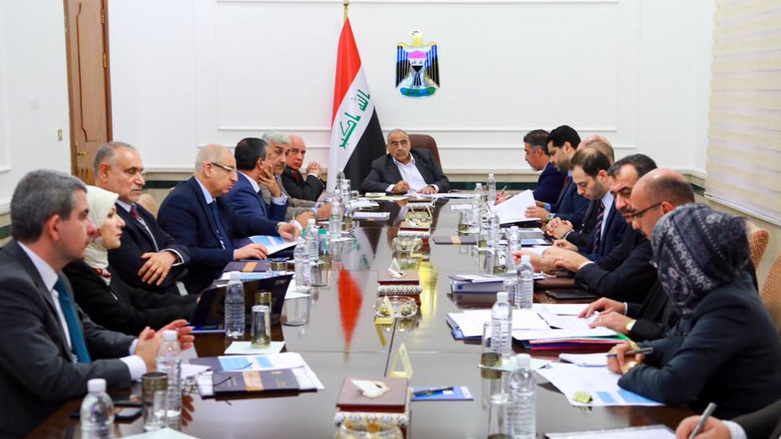Iraqi PM discusses long-overdue 2020 census with relevant authorities

ERBIL (Kurdistan 24) – In a meeting with the Supreme Council for Population on Wednesday, Iraq’s Prime Minister Adil Abdul-Mahdi discussed preparations to hold the long-overdue general population census in the country in the fall of 2020.
According to the Prime Minister’s press office, the implementation stages of the census were discussed, and the proposed plan in that regard was reviewed.
“The census is an important step that deserves great attention and preparations at the highest levels and cooperation among all to achieve the desired success,” Abdul-Mahdi said.
“The importance of the census is in planning and development and the provision of integrated databases on the economic, social and living conditions of the population.”
In January, then-Minister of Planning, Nouri Sabah al-Dulaimi, announced in a statement that the census would begin in 2020, adding preparations had started “to provide all the local and international capabilities for the success” of the massive project.
Iraq’s last census was held in 1997 and did not include the Kurdistan Region. More recent counts generally estimate population based on statistics provided by the national food ration program and have often been incomplete in disputed territories.
A full accounting of regional populations is crucial for planning and budgeting in any nation. In Iraq, where mass displacement and campaigns of ethnic cleansing have been endemic to conflict for decades, such a survey takes on political significance.
Lack of reliable statistics has fueled discord between rival populations claiming majorities in various regions of Iraq, most notably in the oil-rich province of Kirkuk, adding to the difficulty of addressing fundamental disagreements.
Article 140 of the Iraqi Constitution provides a legal mechanism to resolve the outcome of the disputed territories, partially based on updated census results. The provision was introduced to allow the 2005 ratification of the constitution by kicking controversial decisions on the disputed territories down the road.
Despite complaints by Kurdish parties, no recent census has been able to provide a clear count of the Kurdish population in areas like Kirkuk, and over a decade has passed since the 2007 deadline for the article’s implementation.
The Kurdistan Regional Government (KRG) previously announced that an agreement between Erbil and Baghdad to conduct the census had been reached, for which 50 billion dinars, almost $42 million, had been allocated from the 2019 national budget.
Editing by Karzan Sulaivany
